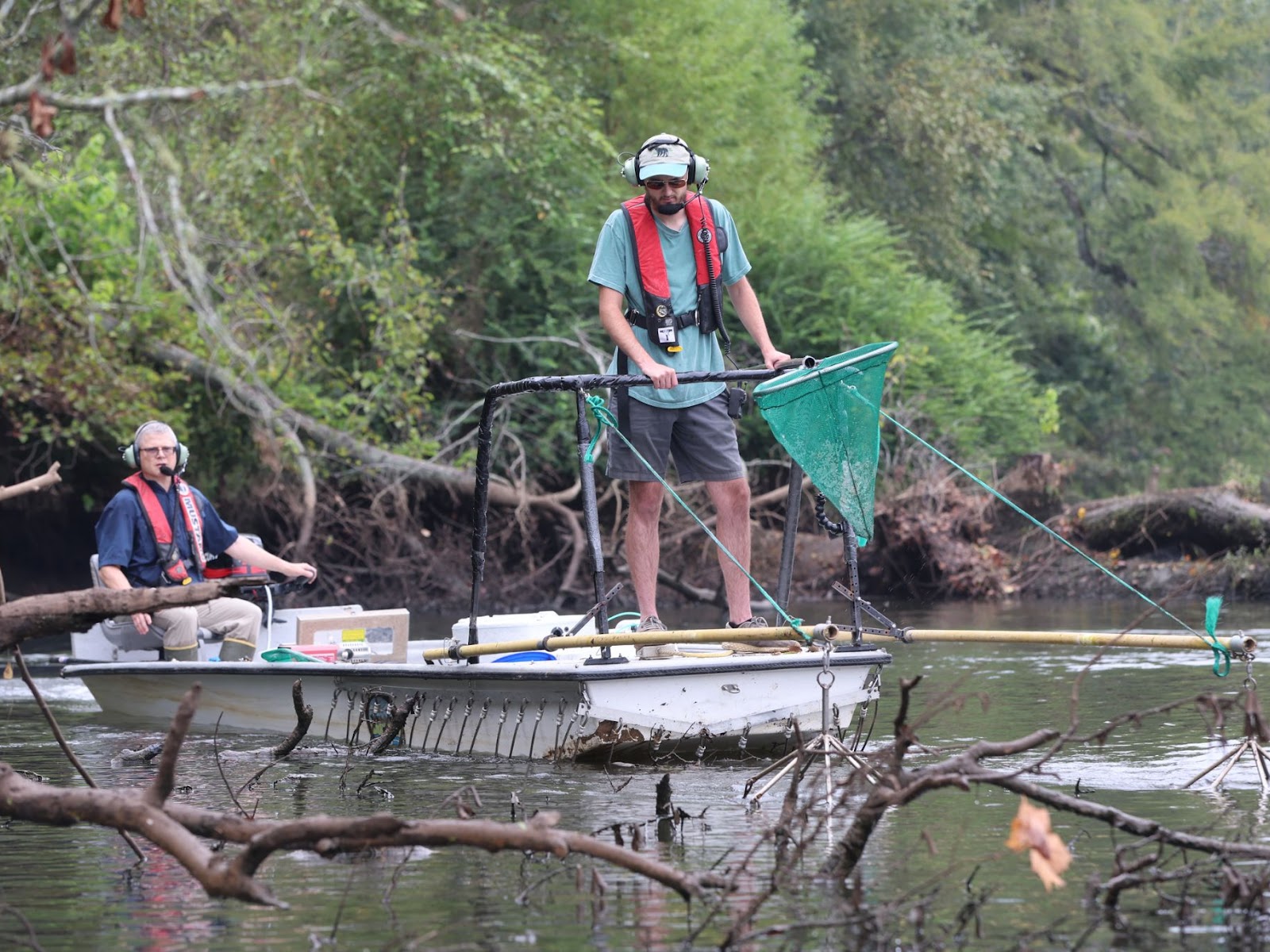HOT SPRINGS — The number of people who died in boating accidents in Arkansas dropped to a five-year low last year, according to the Arkansas Game and Fish Commission’s 2023 Boating Accident Year-End Report. Only nine fatalities resulted from the 61 boating accidents compiled by Cpl. Sydney Grant, Boating Law Administrator in the AGFC’s Hot Springs office.
Although the number is the lowest it’s been since 2018, when seven fatalities were recorded, the number of accidents remained virtually unchanged from 2022.
“We had 60 boating accidents in 2022 and 61 in 2023,†Grant said. “We were just fortunate that more accidents didn’t result in more severe injuries.â€

One trend that continues to hold true in the annual report is the high percentage of fatalities that were not wearing life jackets.
“Of the nine deaths, six were the result of drowning,†Grant said. “Two fatalities resulted from trauma sustained in the accident and one was attributed to an underlying medical issue. None of the fatality victims were wearing a life jacket at the time of the incident.â€
Grant says of all 185 people involved in accidents last year, only 35 percent were wearing life jackets at the time of the accident. One third of those who were wearing life-jackets were required by law to wear them because they were skiing, operating a personal watercraft or were 12 years of age or younger.
Capt. Stephanie Weatherington, who has headed up the agency’s boating law administration efforts for more than a decade says the lack of life-jacket use still plagues administrators, not only in Arkansas but on a national level.
“That really is the million-dollar question,†Weatherington said. “How can we convince people to wear their life jackets? It’s the single most important piece of equipment you can carry on your boat. You’re required by law to have it onboard, so why not put it on?â€
Grant says the top causes of accidents were operator inattention and operator inexperience. She notes that the metric for determining inexperience is based on the operator’s use of the vessel they were in at the time of the crash.
“For instance, if you have operated boats all your life but have only been on a particular boat or jetski for a few hours of operating time, that is the data we collect,†Grant said. “When someone operates a bass boat for years, that doesn’t necessarily mean they’re going to be as competent with a tiller steer boat or even an unfamiliar console-steer boat.â€
The time of day that most accidents occurred also coincide with the statistics on operator inattention. The highest percentage of accidents occurred between 3 and 5 p.m.
“That’s really about the time that people begin to let their guard down and stop paying attention to their surroundings,†Grant said. “Many have been on the water for a few hours and fatigue sets in; it only takes a second or two to make a mistake that can cause a boating accident.â€
Grant says another alarming truth is that 75 percent of operators involved in accidents had no boating education training prior to heading out on the water. Boating education is mandatory for anyone of legal age to operate a motorboat or sailboat who was born after 1985.
“We still have a lot of people who were born before Jan. 1, 1986, who haven’t taken Boater Education because it’s not required,†Grant said. “It really only takes a single day and is free if you go to an in-person class. You can even do it online at home for a small fee; there’s really no excuse not to get it.â€
All of the accidents involving fatalities had operators with no known Boater Education training.
The full report and guidance on how to enroll in a Boater Education, are available at www.agfc.com/education/boater-education.




